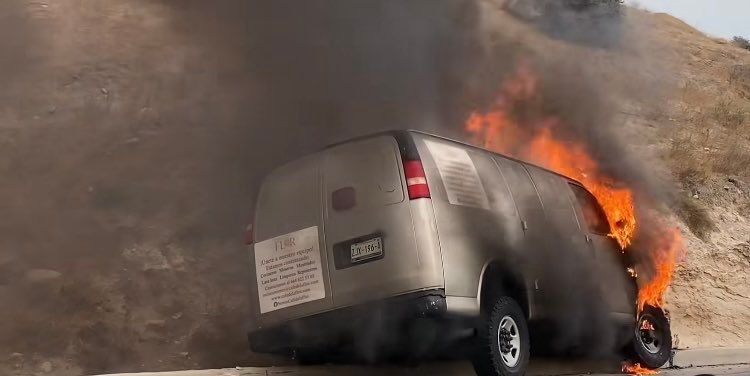Violence in Mexico: How to Stop the Bloodshed
The highest rates of violence were recorded in the states of Guanajuato (1,864), Michoacán (1,587), Baja California (1,567), the Federal District (1,475), Jalisco (1,218), and Chihuahua (1,232) during that period.





